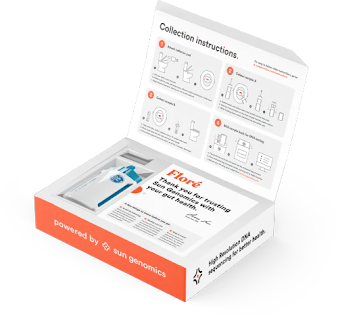Monitor Your Microbiota with Gut Microbiome Testing Kit
Gut health test kit, hmm… Are you planning to buy one? Well, if yes, great idea!
Do you know, we humans are primarily microbes, over a hundred trillion of them! Yes, there lies an entire ecosystem of microbes inside us; "The human microbiota," we call it!
Well, you know there are two types of microbes or bugs we can say, good and bad; these are the good ones inside us helping our immune system. The majority of them live in our gut, particularly in the large intestine.
Just to highlight; the microbiome is the genetic material of bacteria, fungi, and viruses, which are microbes. These profoundly live on and inside our bodies! You know what they function for, don't you? The microbiome helps in digestion, proper regulation of the immune system, and protection from other foreign bacteria which cause diseases.
Good Gut Health, Better Immunity, Healthy Body!
How About a Gut Health Test Kit?
Yes, exactly your own gut microbiome testing kit will help you monitor your gut health at home! These testing kits help you perform microbiome tests to measure the microorganisms in your GI (gastrointestinal) tract. Needless to say, this way, you'll get an idea about the types and amounts of microorganisms present in your gut. This microbiome testing technology allows you to capture everything ongoing in the gut microbiome. Basically, it's artificial intelligence; we can discover what supplements and foods are suitable for your cellular health and the gut microbiome. It's an ideal way to experience optimal health via using a kit.
How Exactly Does It Work?
How to Choose the Right One?
Come on; it's just a matter of three key components. Yes, all you have to do is, before purchasing a gut microbiome testing kit, ensure that the company and product meet up to these three key elements;
- Privacy policy: Your health-related information should be kept confidential. Those who want to ensure that their information remains personal should purchase test kits from companies with a strong privacy policy.
- Analysis process: You should check that the test kit offers the depth of analysis required throughout the process.
- User manual: Always prefer a brand that offers a user-friendly manual to understand the whole testing process.


Comments
Post a Comment